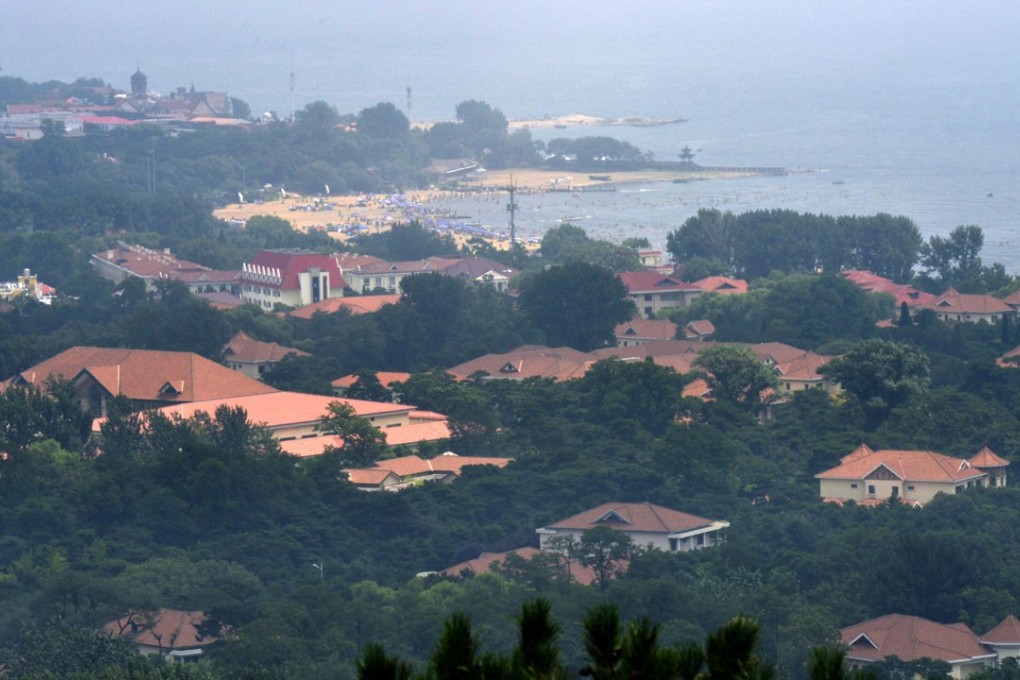Trade war fallout to lead agenda as Xi Jinping gathers elite for strategy session at Beidaihe, the Communist Party’s Camp David-style retreat
The annual gathering of the party’s retired and serving elite could see some shifts in domestic direction but don’t expect a challenge to Xi’s agenda, observers say

Chinese President Xi Jinping might try to forge consensus and handle political fallout from the US trade war when the Communist Party elite gather at the seaside resort of Beidaihe for their annual Camp David-style summer retreat, party watchers said.
There has been no public announcement of a date for the start of the gathering of retired and serving political leaders but the event is understood to be taking place around the first week of August, after Xi returns from a trip to the Middle East and Africa.
Beidaihe has traditionally been a rare chance for dozens of the most politically influential figures in China to socialise and discuss policy and politics.
This year’s meetings have been overshadowed by China’s escalating trade frictions with the world’s largest economy, tensions that observers say could affect the country’s politics and grand strategy.
Deng Yuwen, former deputy editor of Study Times, a newspaper affiliated with the Central Party School, the party’s top academy, said he did not think the trade war in itself would be a focus given that China had already made its position clear.